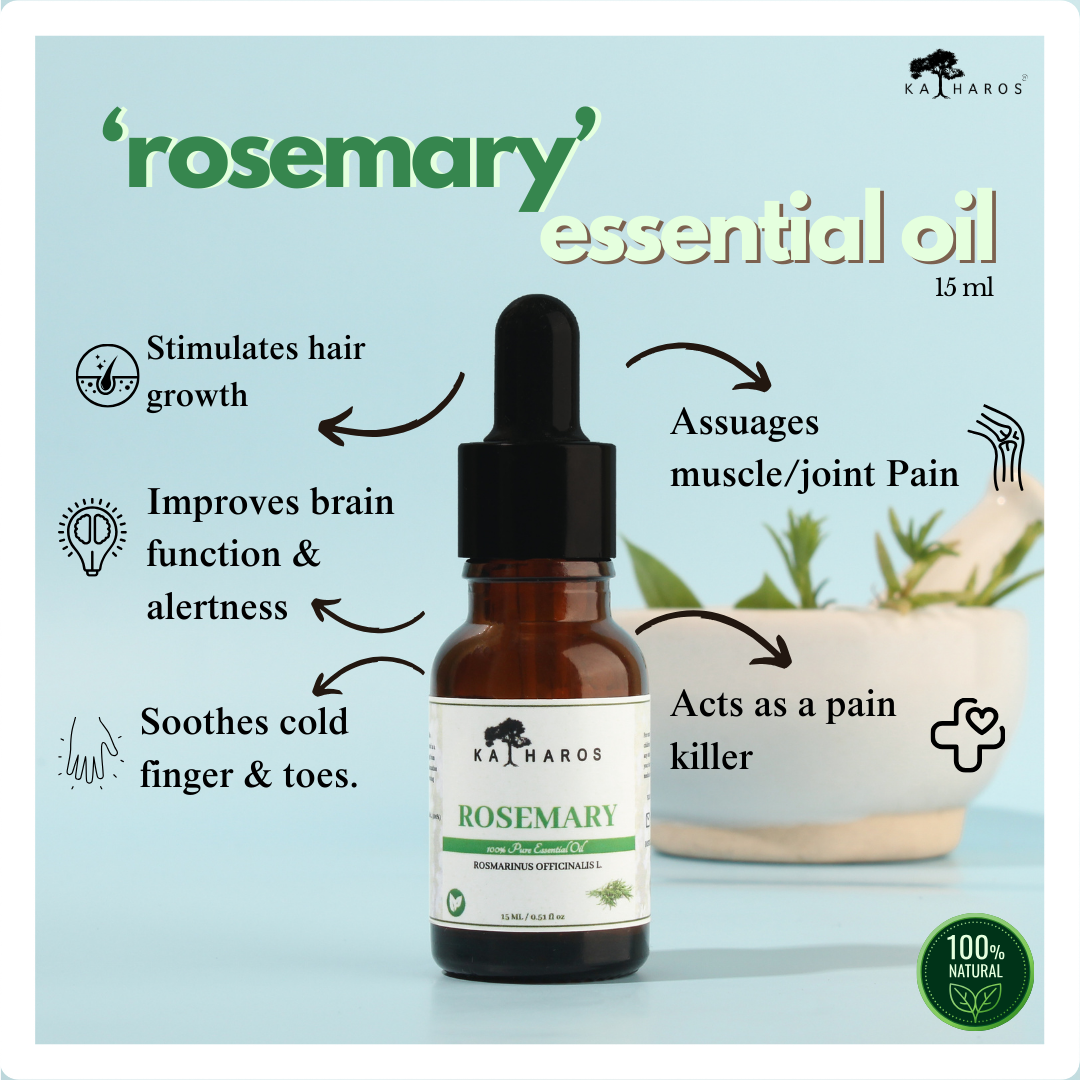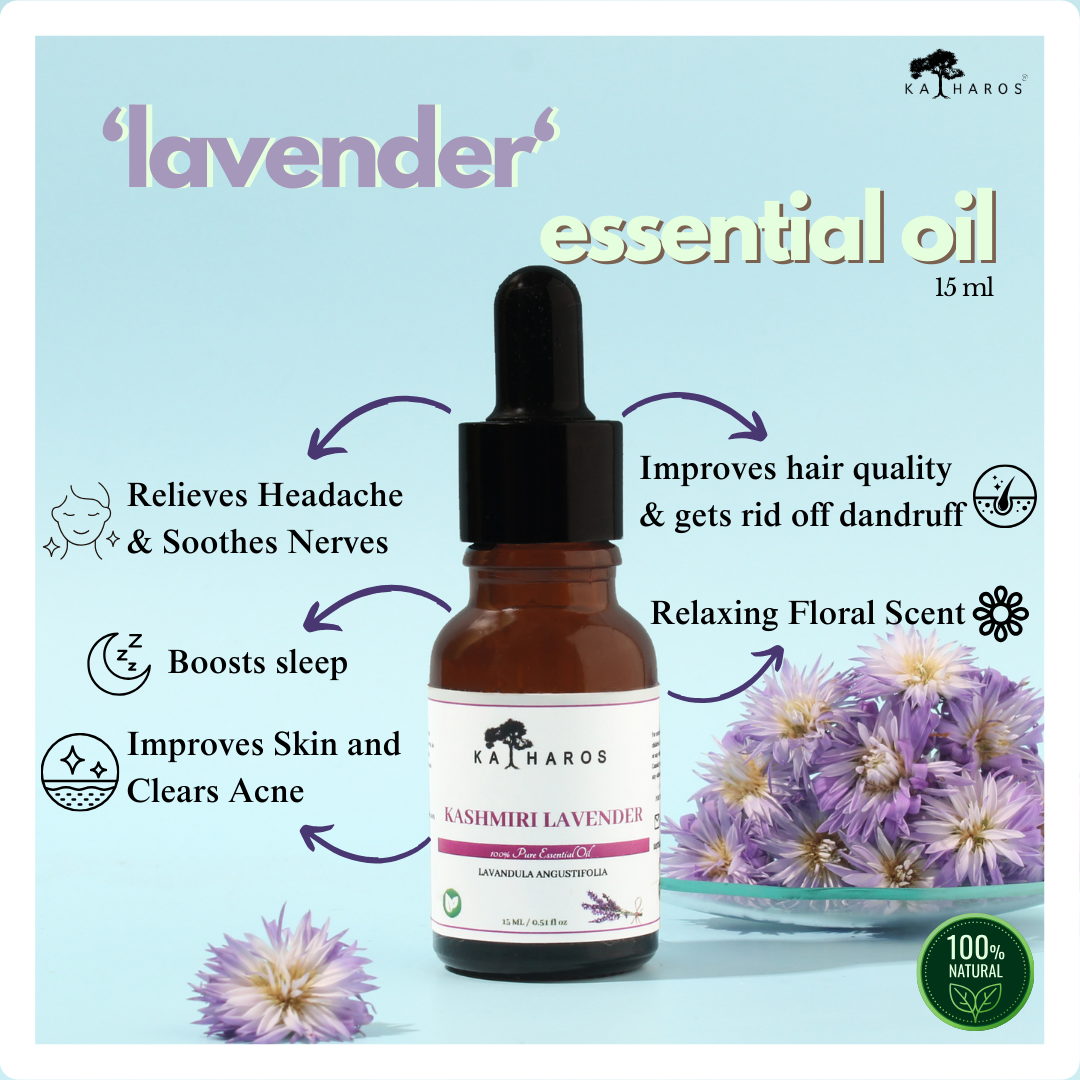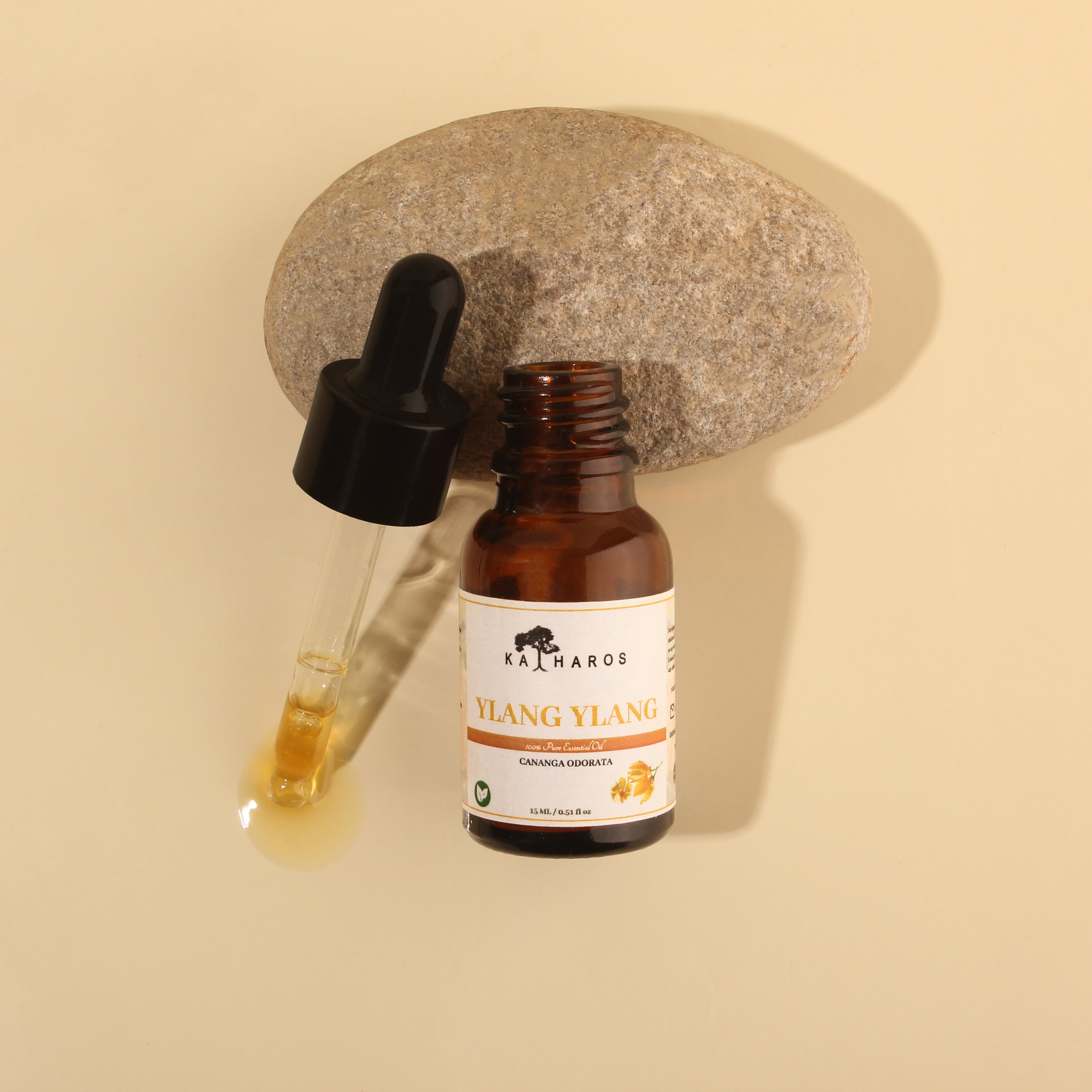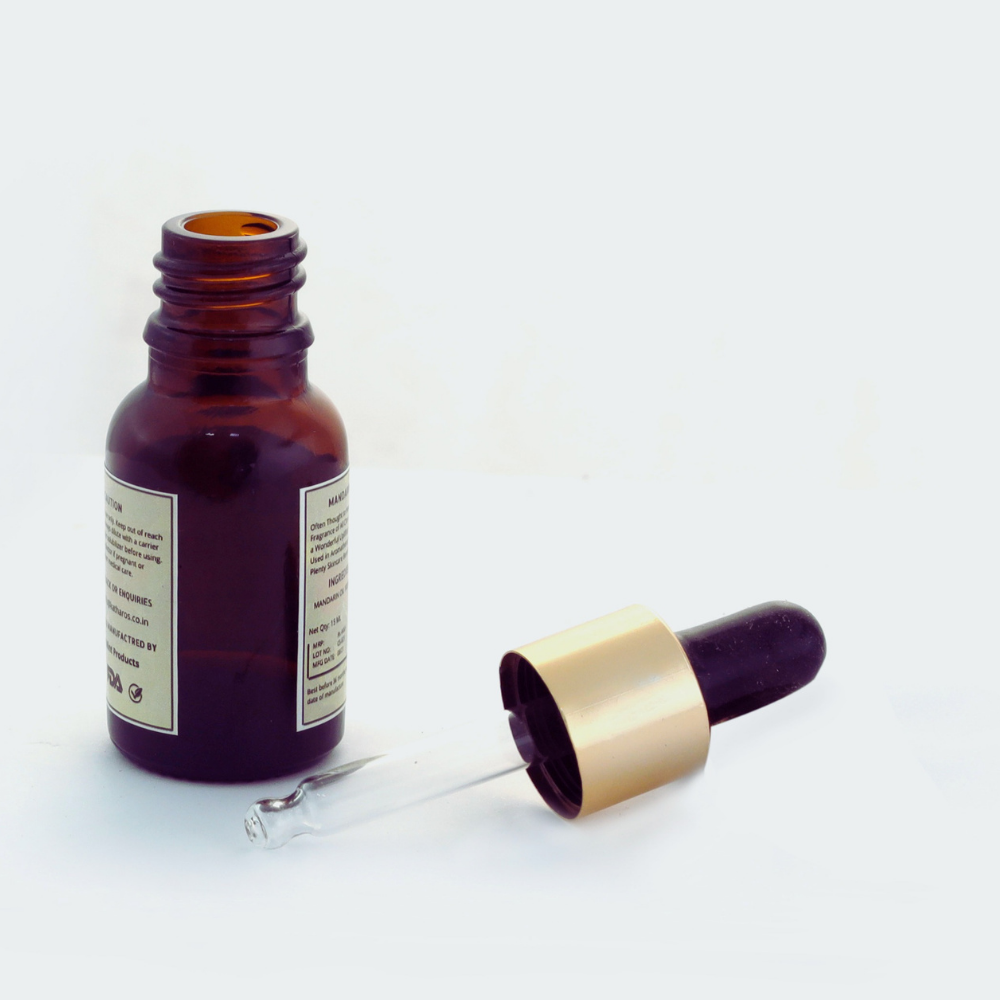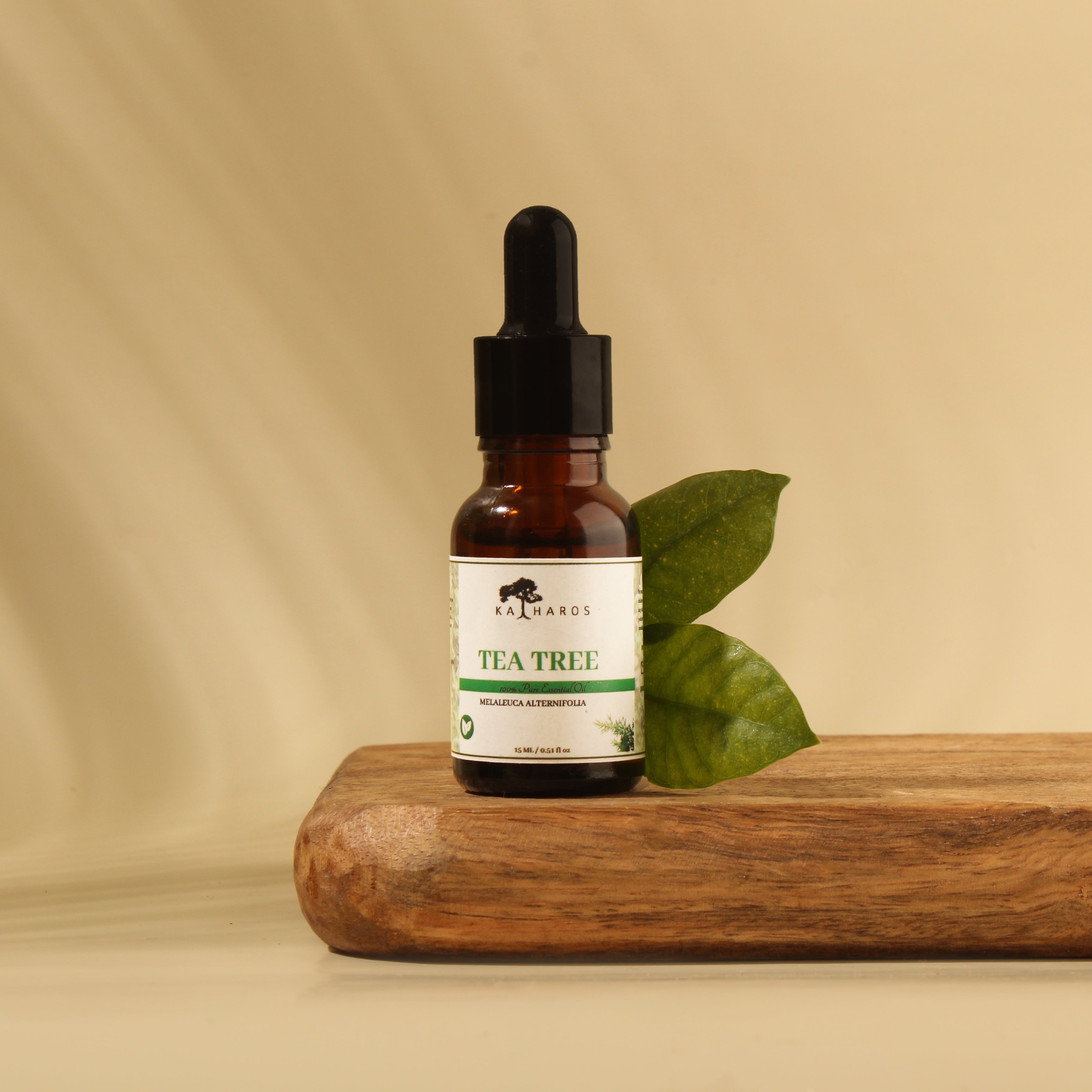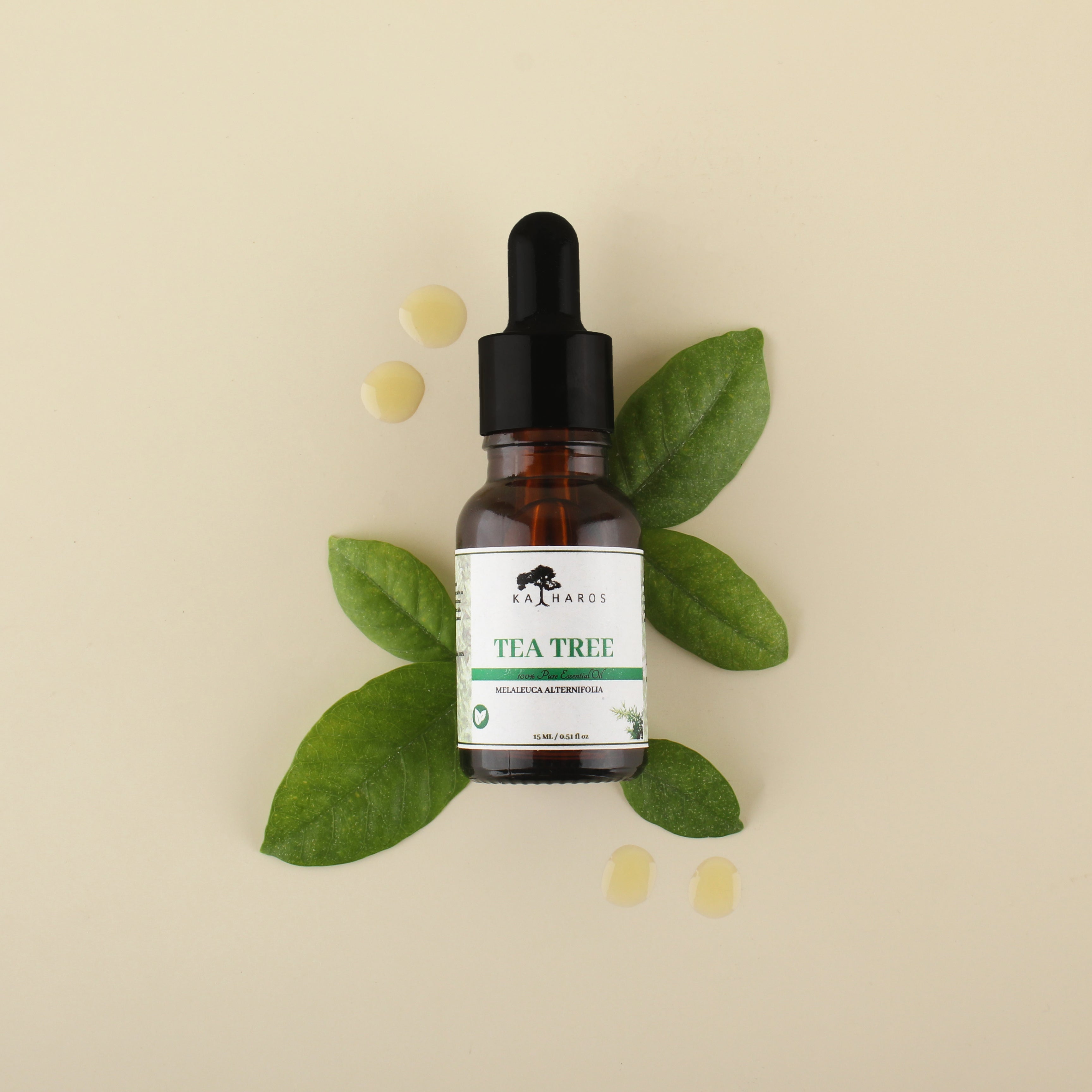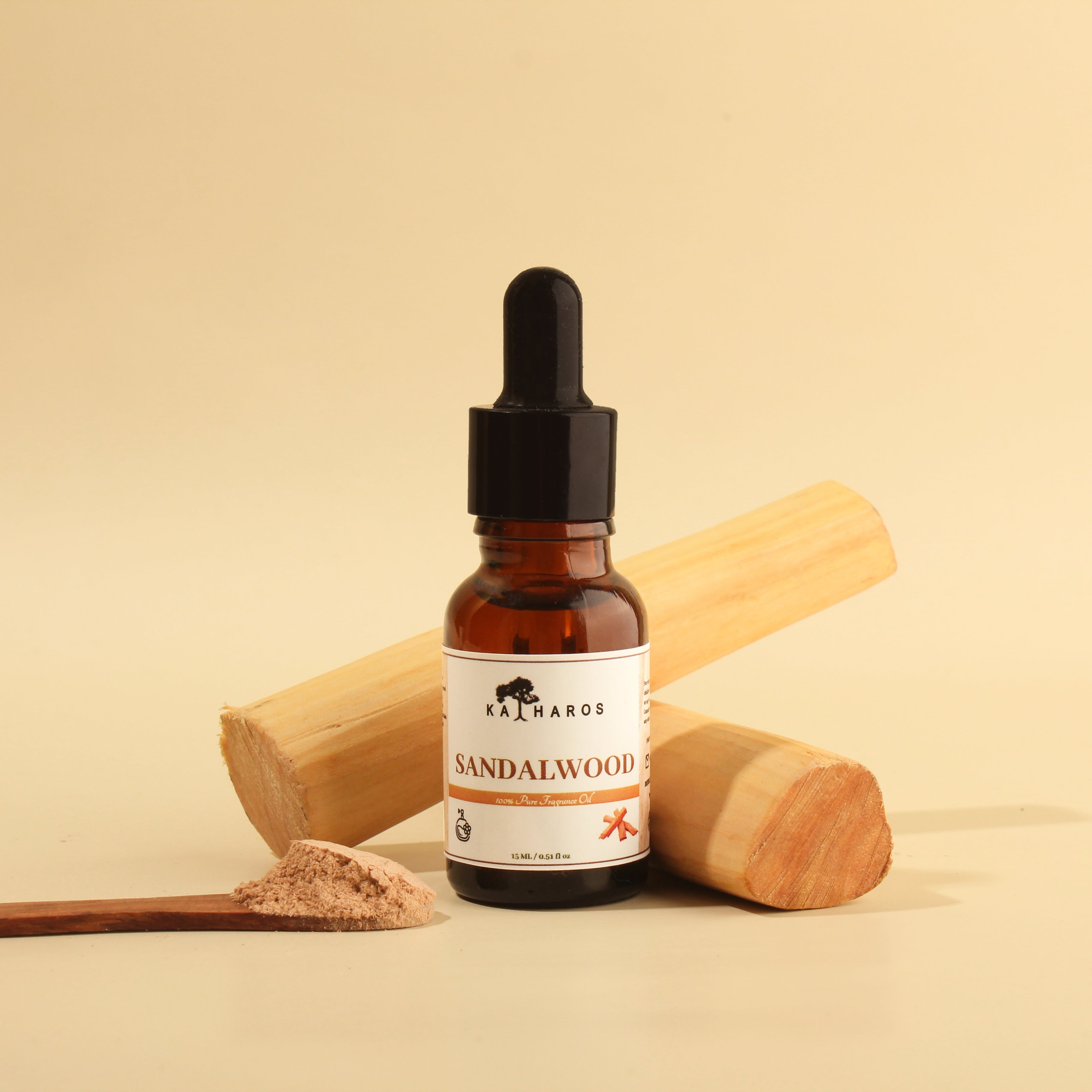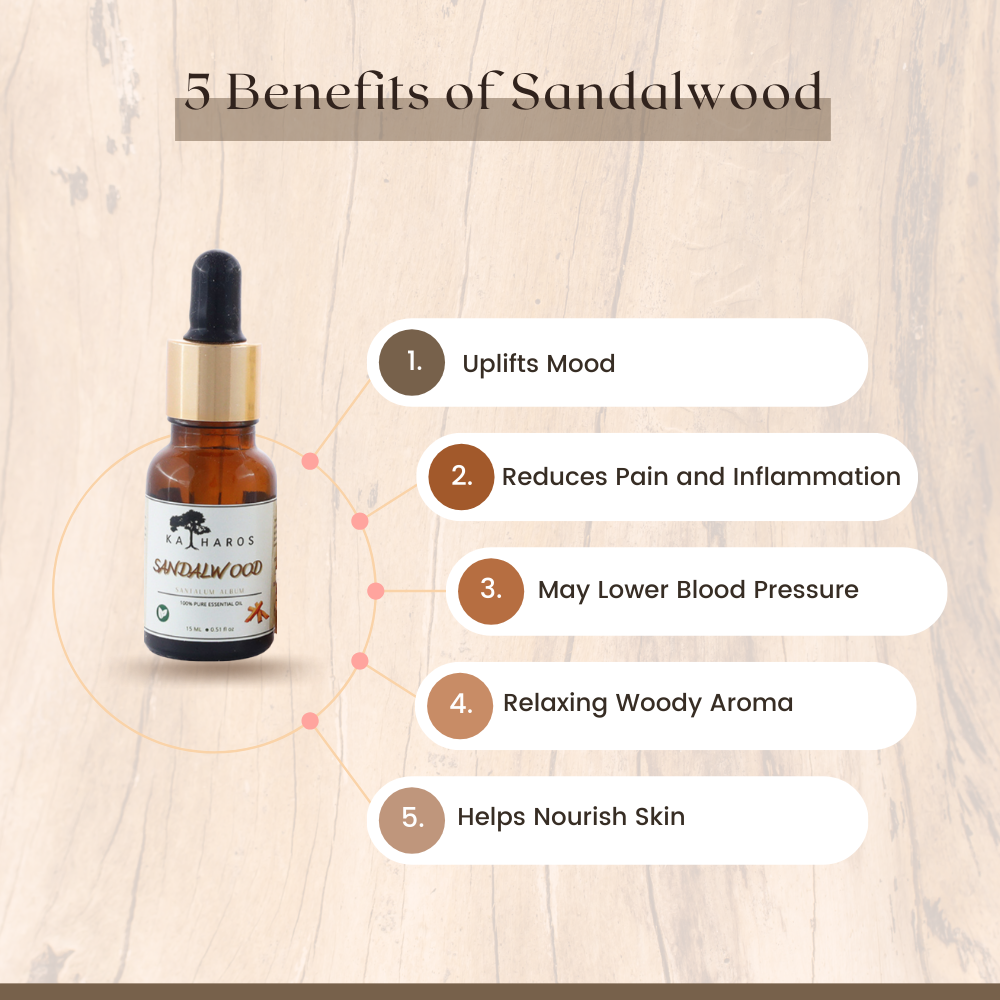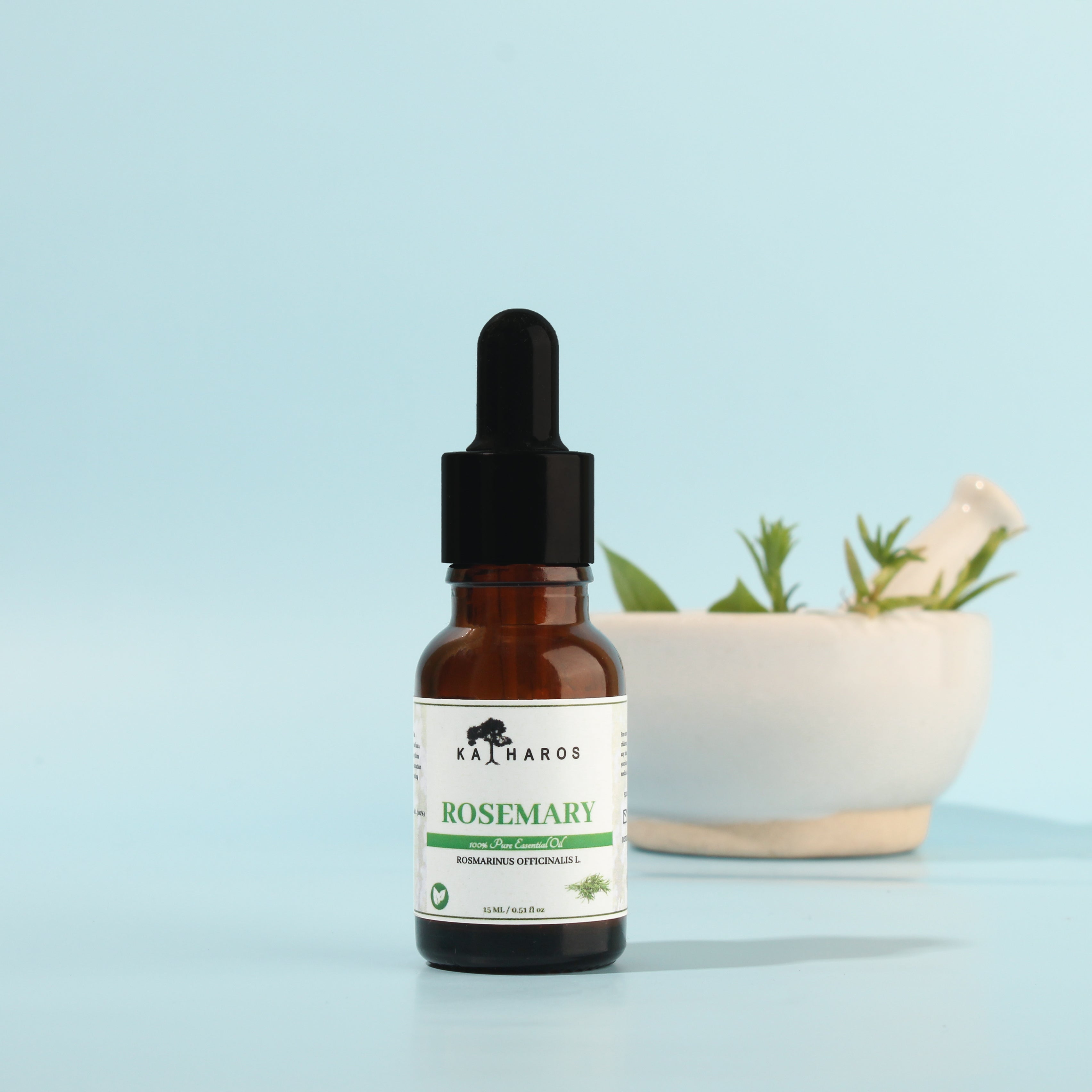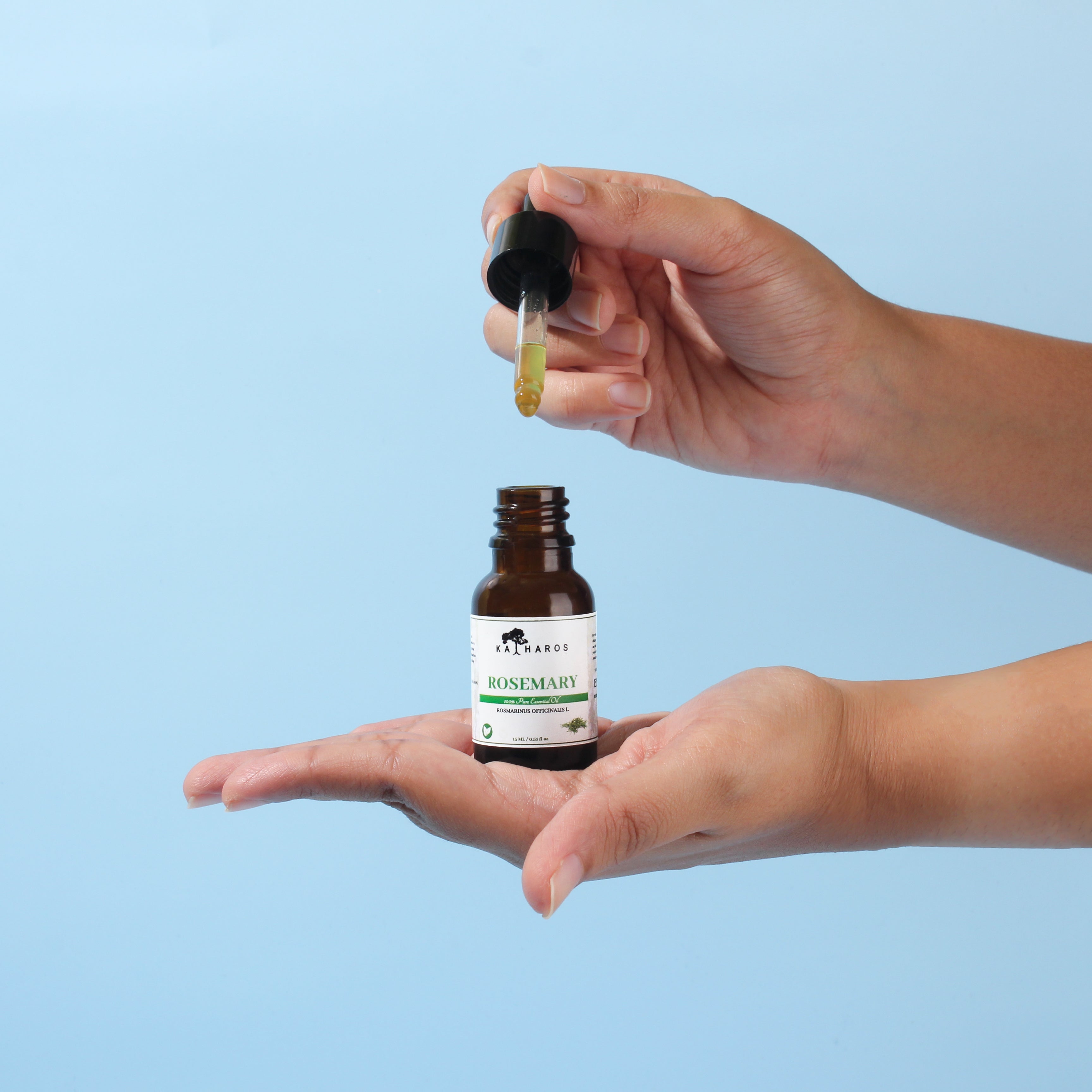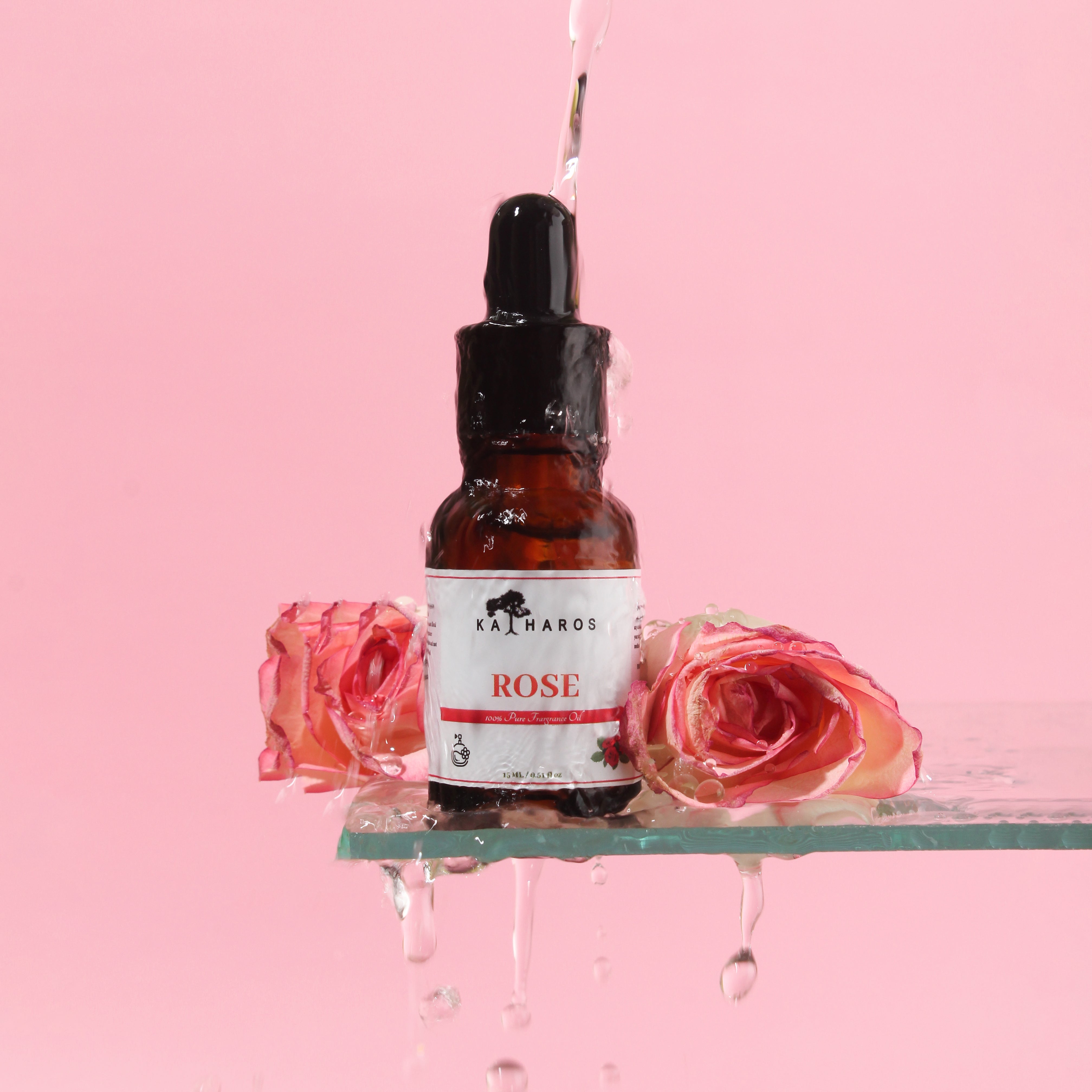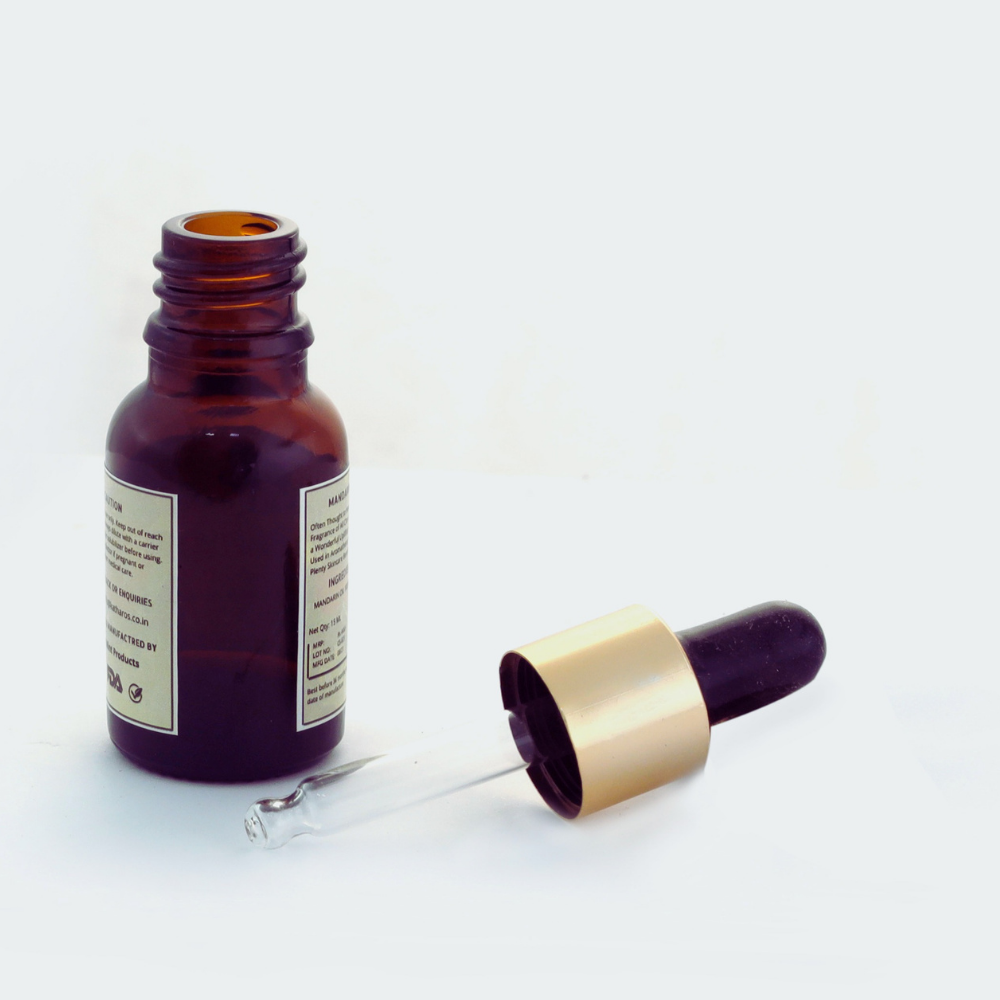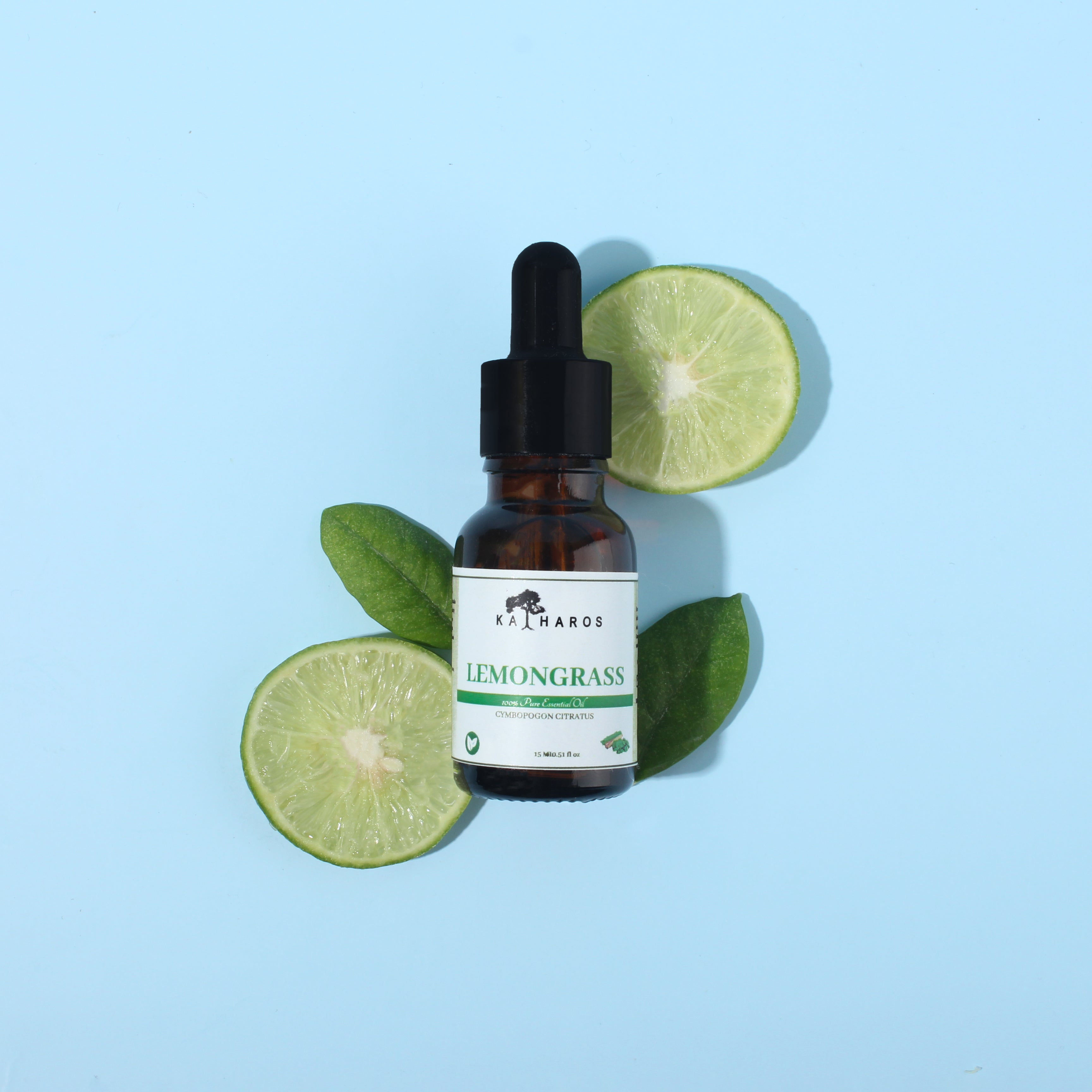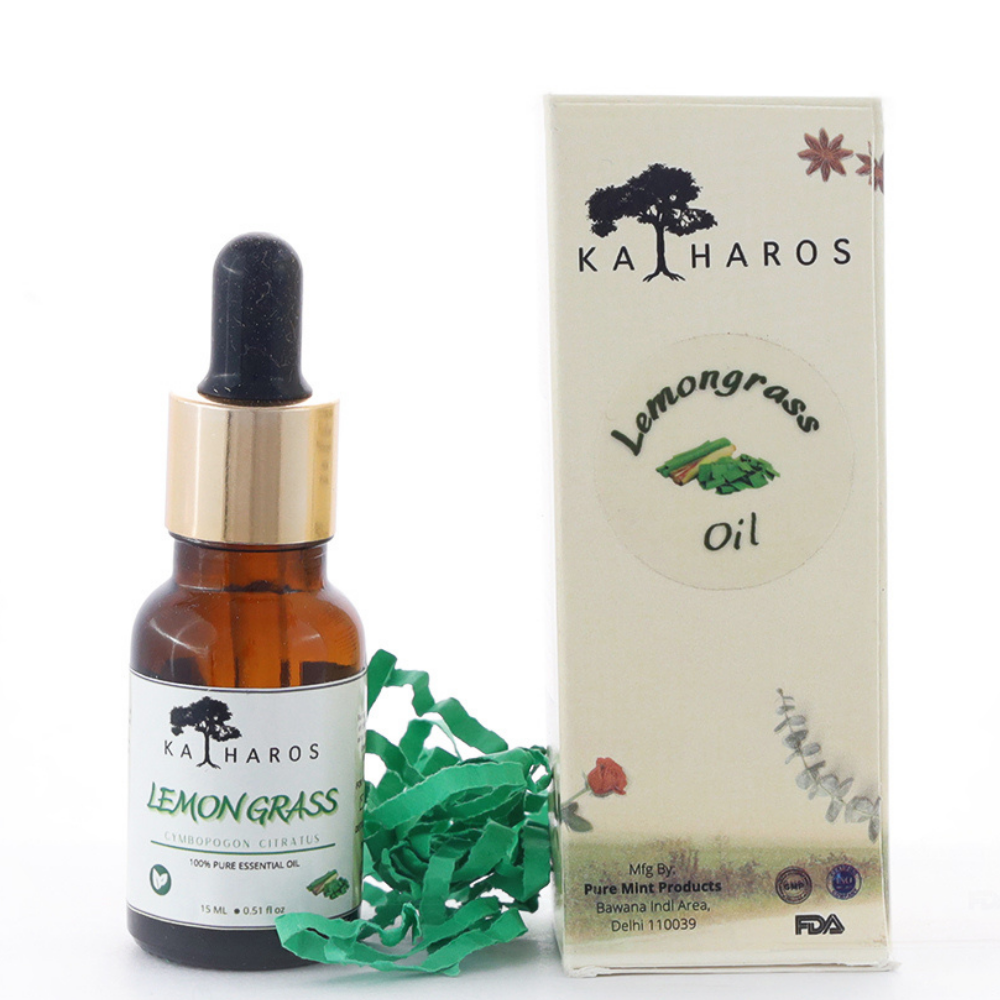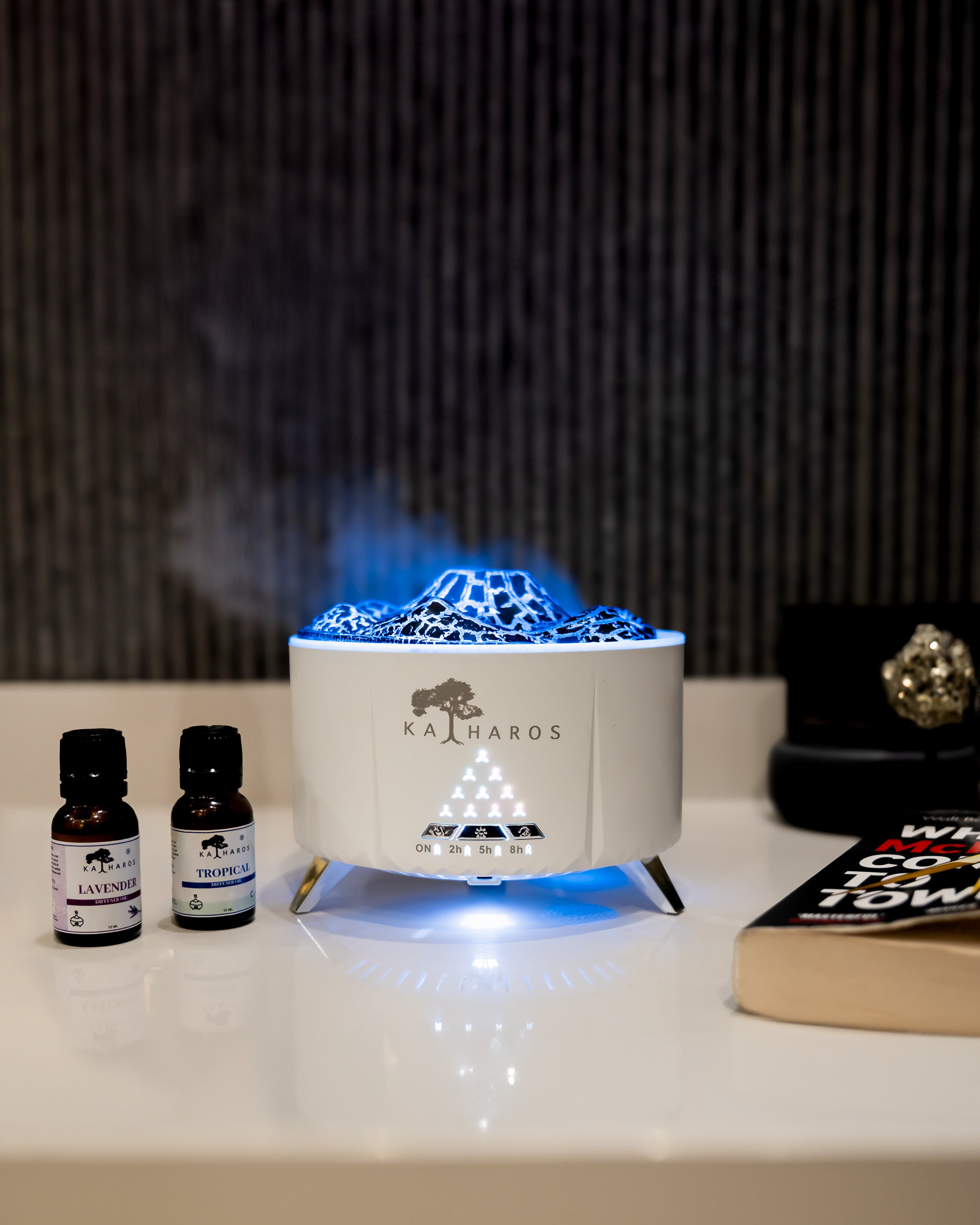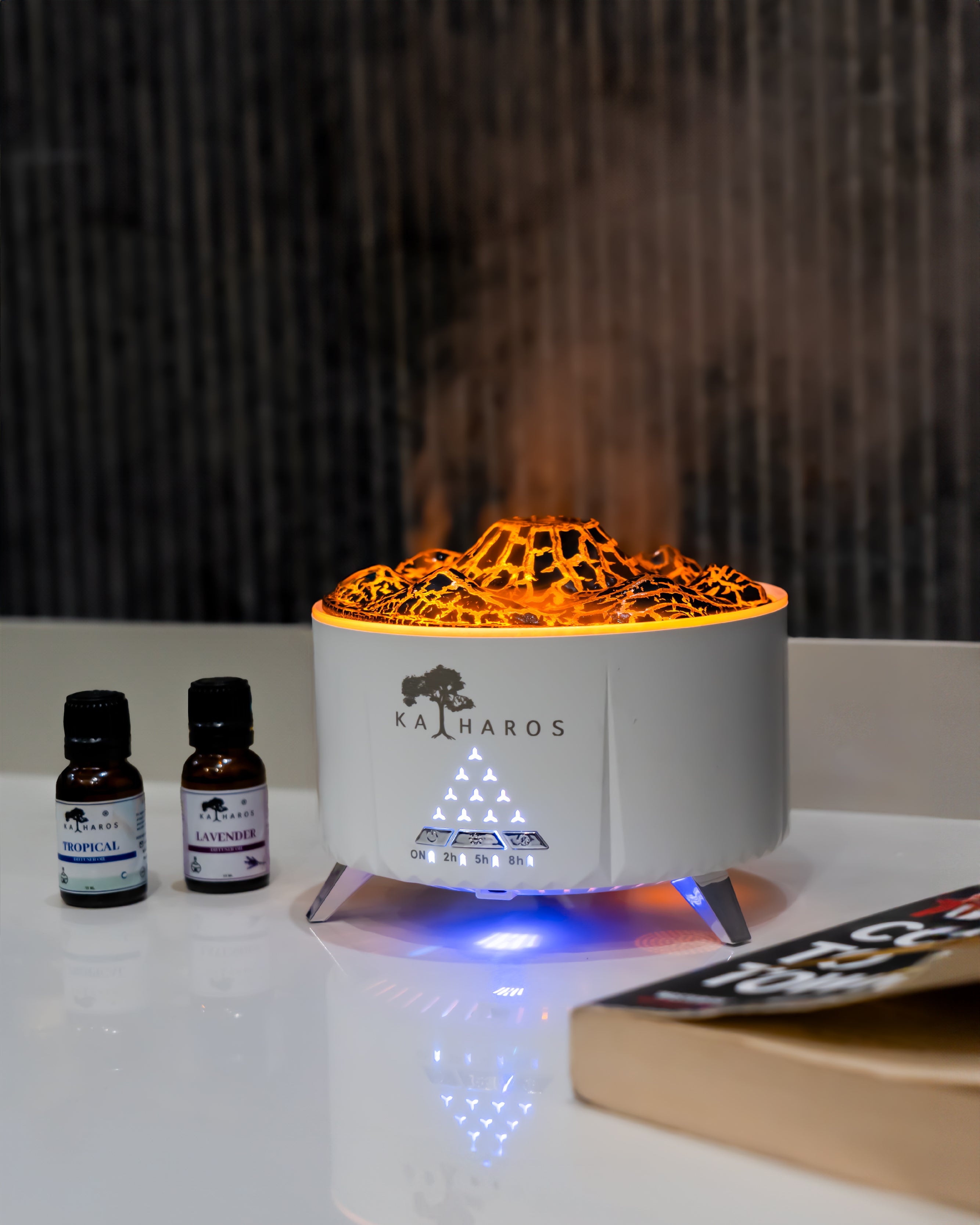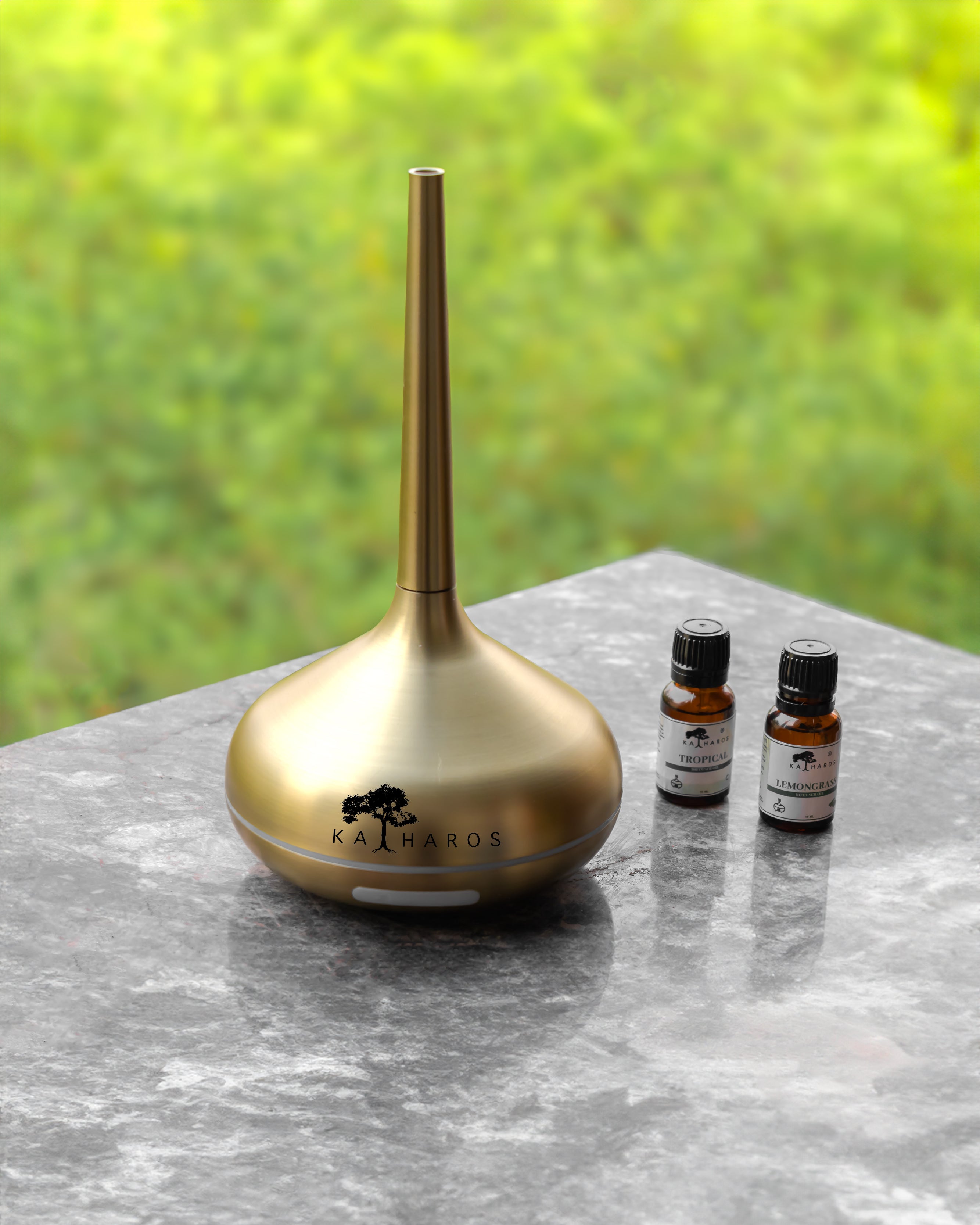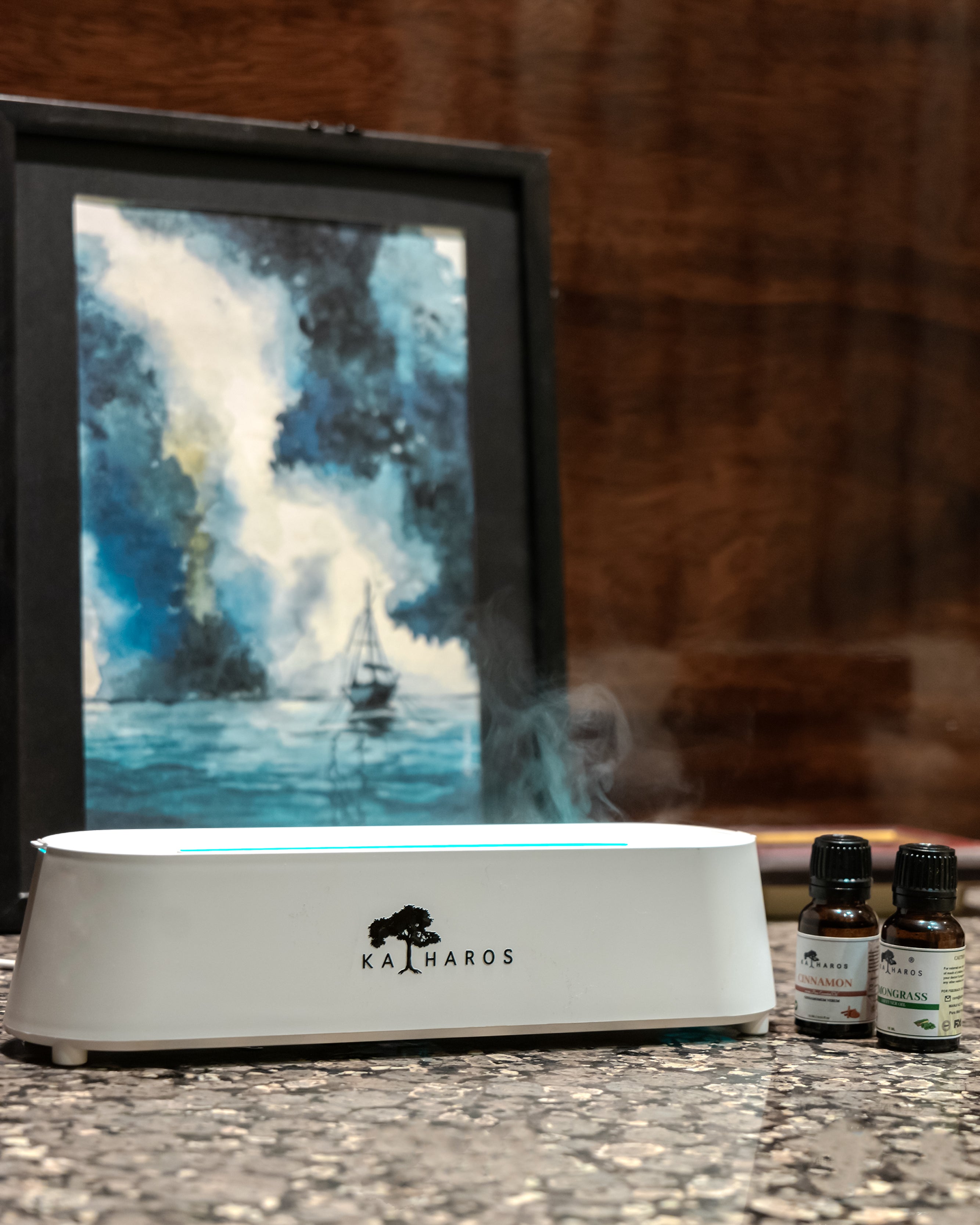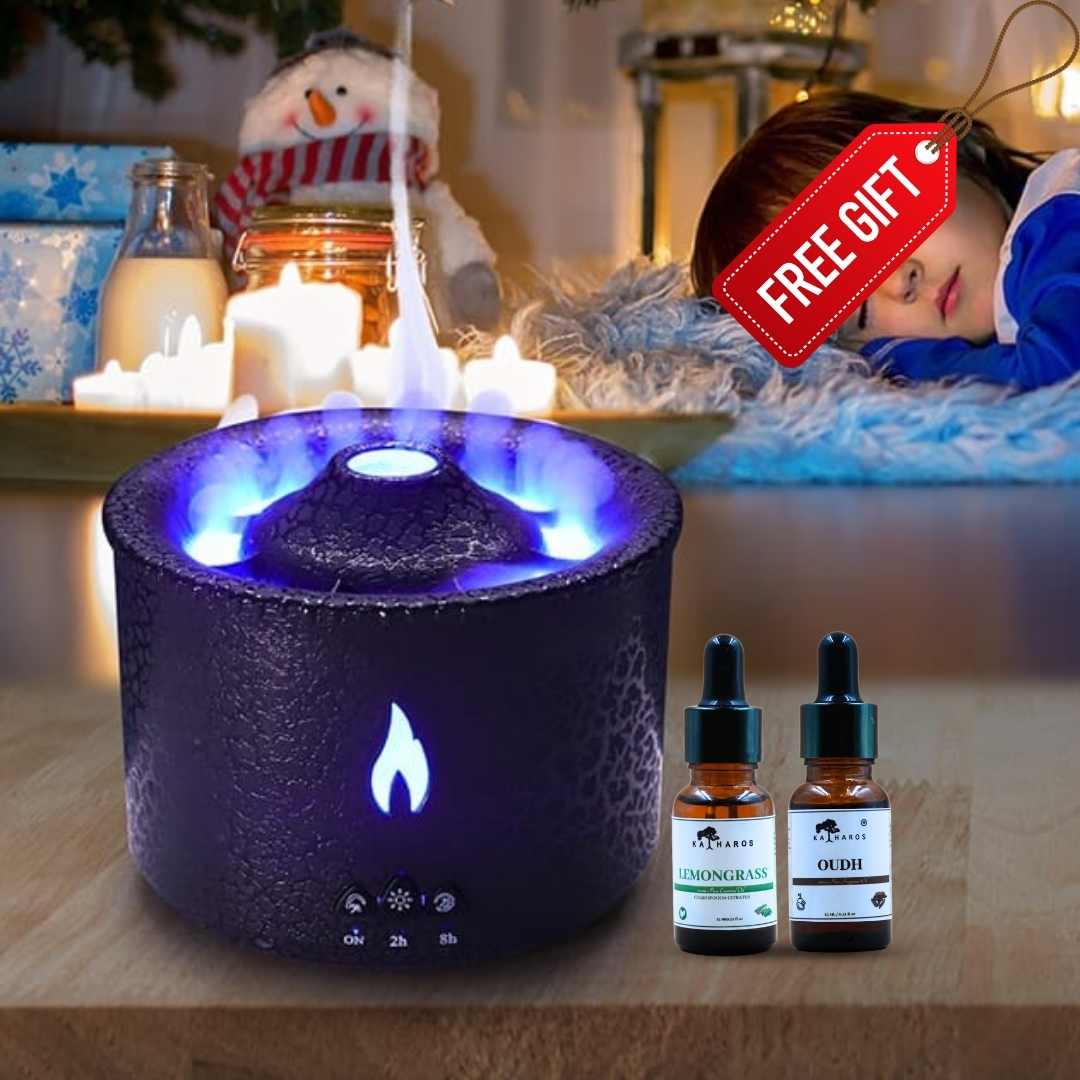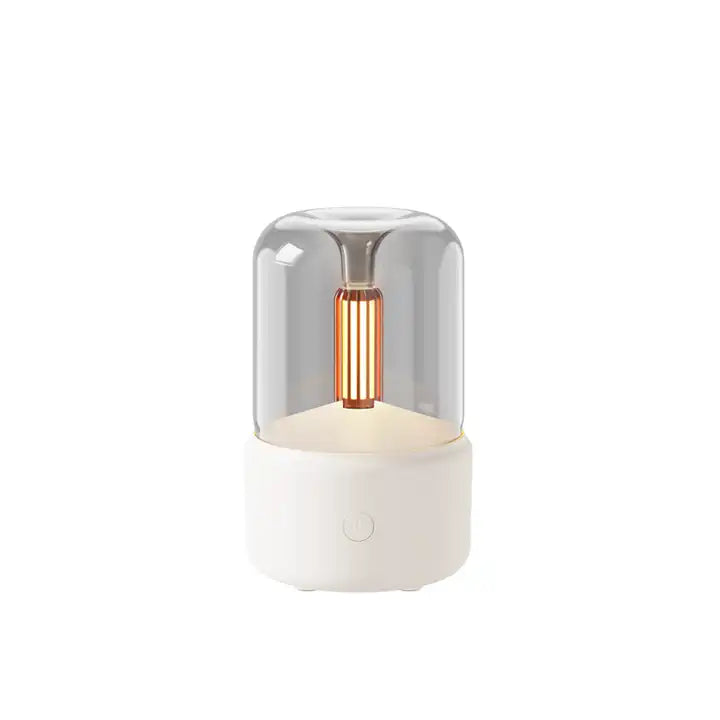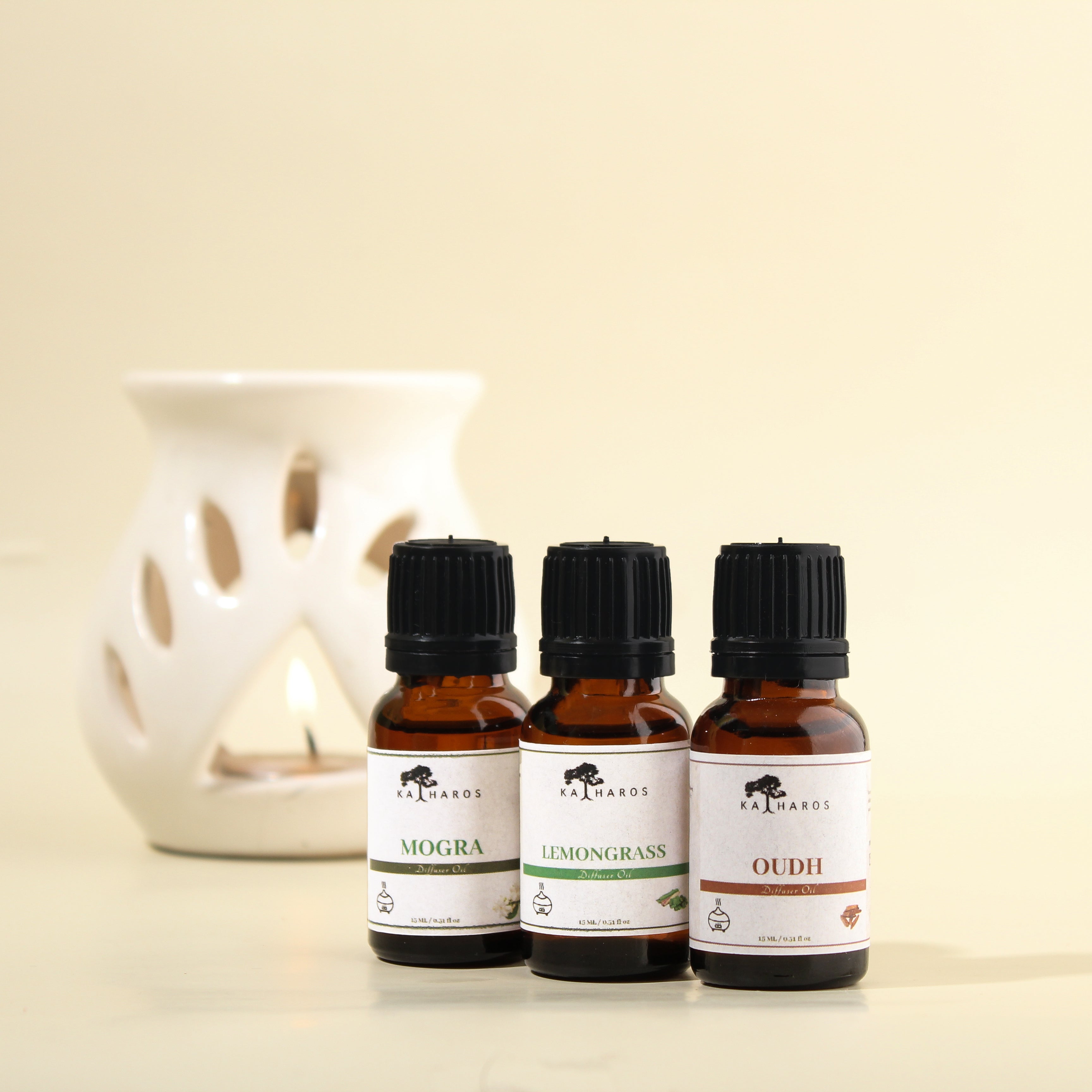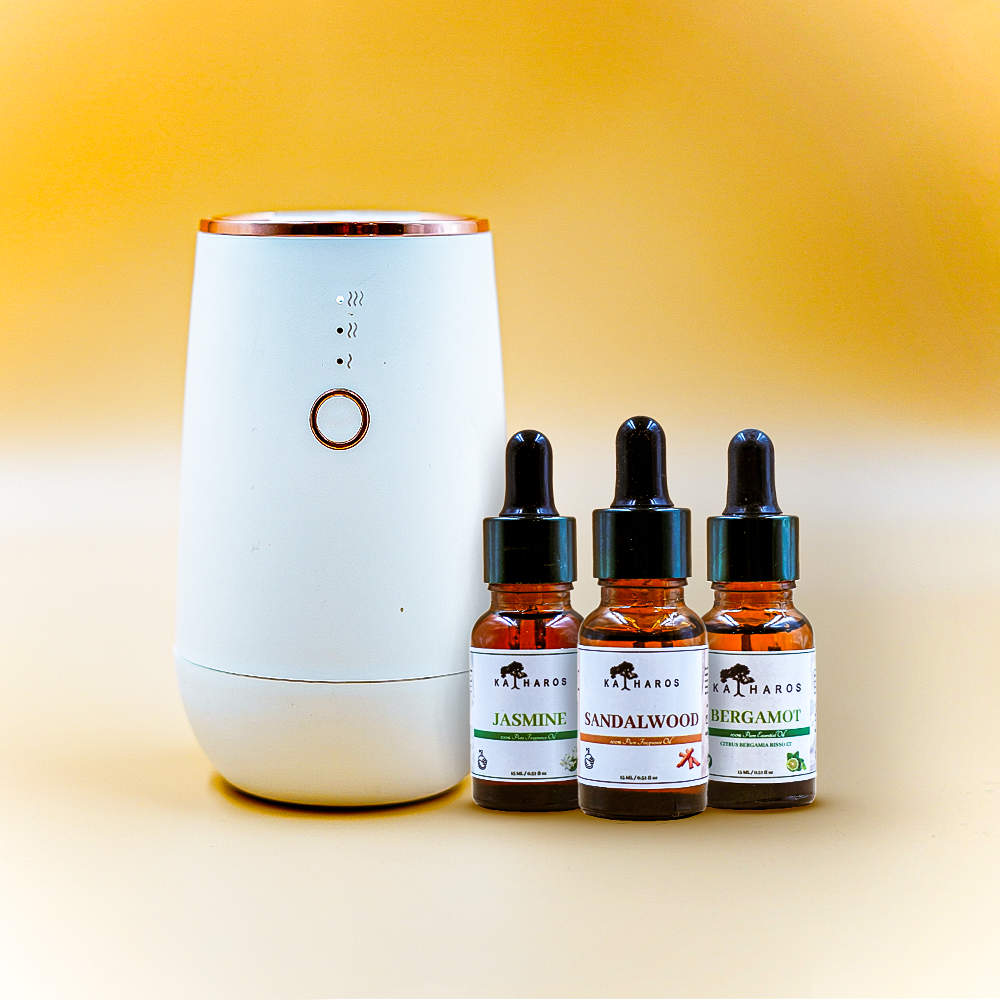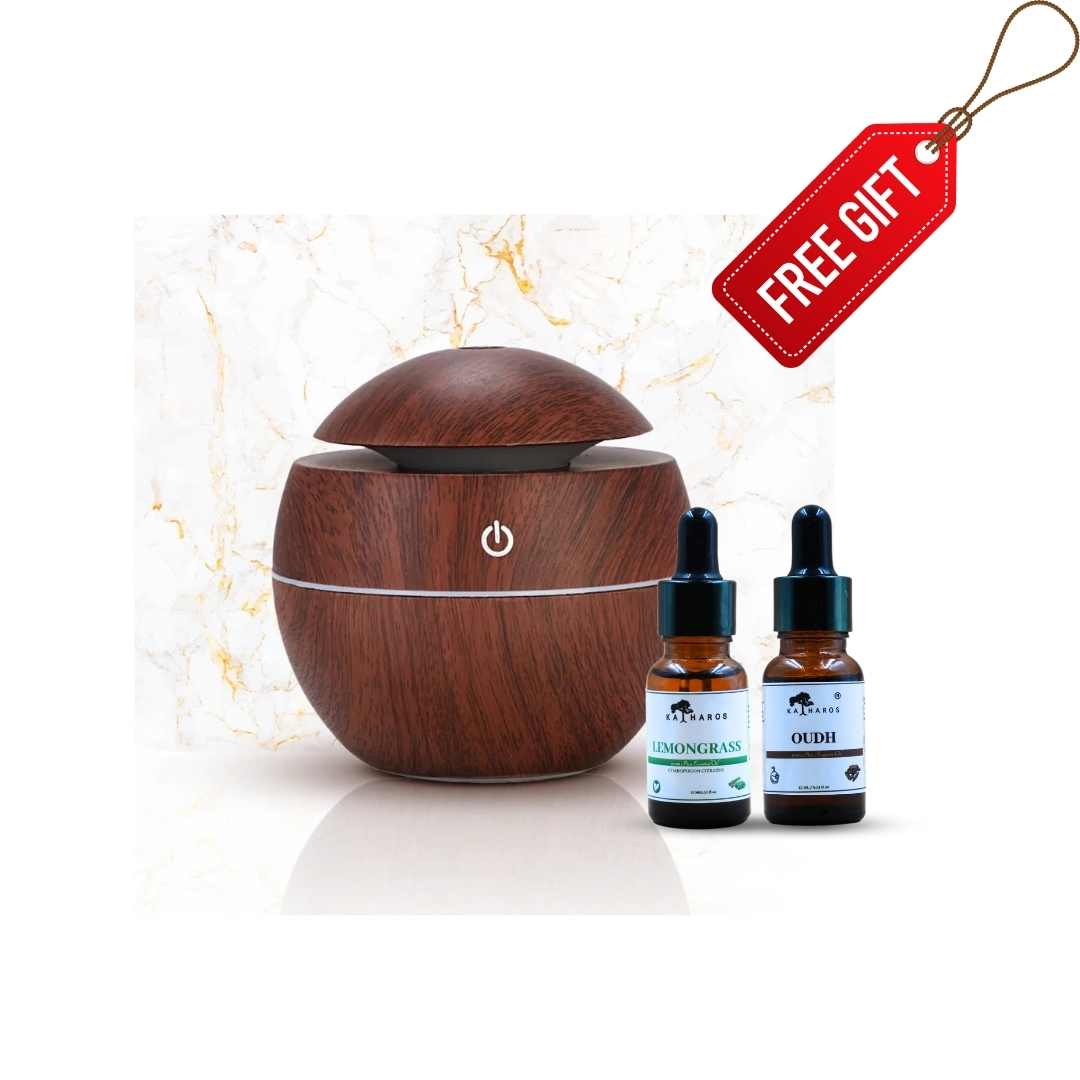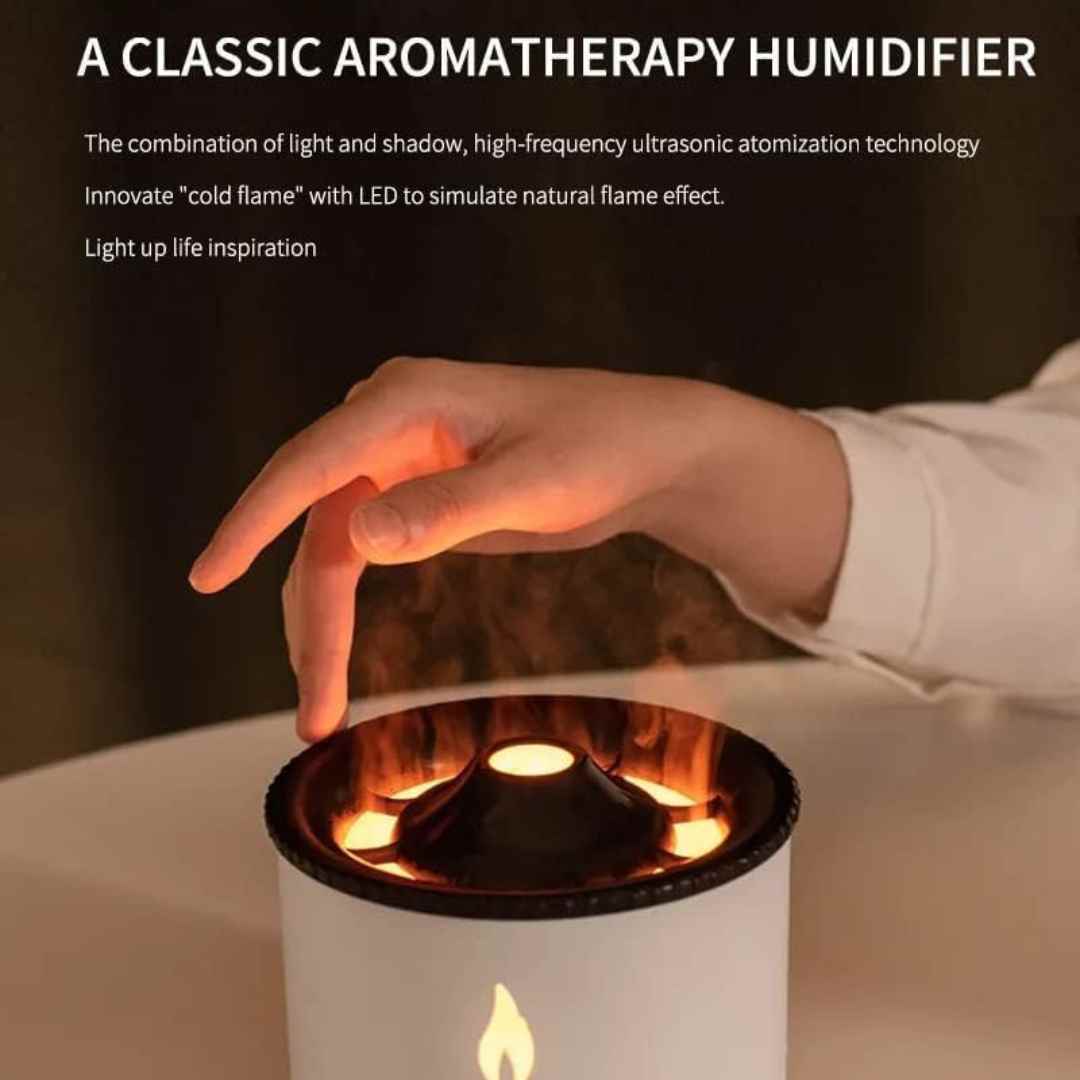Research on essential oils has expanded significantly in recent years, shedding light on their potential benefits for various aspects of health and well-being. Scientists and researchers around the world have explored the therapeutic properties of essential oils and their applications in aromatherapy, ingestion, skin care, hair care, and mental health. Here's an overview of some notable studies and the scientific basis behind the use of essential oils in these areas.
- Aromatherapy:
- Scientific Studies:
- A study conducted by the Department of Psychiatry at the University of Maryland Medical Center (Baltimore) explored the effects of lavender essential oil on anxiety and sleep quality. The research, led by Dr. William W. Li, suggested that inhaling the scent of lavender could have calming and sleep-inducing effects.
- Dr. Jane Buckle, a nurse researcher and clinical aromatherapist, conducted a review of various studies on aromatherapy. Her work highlighted the potential of essential oils like lavender, peppermint, and eucalyptus in managing symptoms such as pain and nausea.
- Scientific Basis:
- Aromatherapy works through the olfactory system, affecting the limbic system in the brain, which is involved in emotions, memory, and mood. Essential oils can trigger responses that influence physiological and psychological states.
Get 35% off on 'THE ESSENTIAL FAMILY PACK' of 6 essential oils to enhance your holistic family health.
- Inhaling certain essential oils, such as lavender, has been shown to modulate neurotransmitter levels, promoting relaxation and reducing stress and anxiety.
- Ingestion:
- Scientific Studies:
- Dr. Terry Friedmann, a physician, conducted a study on the effects of essential oils on the human body. His research suggested that certain essential oils, when taken internally in small amounts, may have positive effects on various health conditions.
- Scientific Basis:
- Ingesting essential oils is a controversial topic, and it's crucial to note that not all essential oils are safe for internal use. Some oils have been studied for their potential antimicrobial and anti-inflammatory effects.
- The science behind ingestion involves the absorption of the oils through the digestive system, where they may interact with the body's physiological processes. However, caution is necessary, and ingestion should only be done under the guidance of a qualified healthcare professional.
- Skin Applications:
- Scientific Studies:
- Dr. Paolo Rovesti, an Italian researcher, conducted studies on the topical application of essential oils. His work explored the antimicrobial and anti-inflammatory properties of oils like Tea Tree and lavender.
- Dr. Jennifer Jiang, a dermatologist, researched the effects of essential oils on skin health. Her studies indicated that certain essential oils possess antioxidant and anti-aging properties.
- Scientific Basis:
- Essential oils can be absorbed through the skin and may exert local effects on the applied area. The chemical constituents of the oils, such as terpenes and phenols, contribute to their antimicrobial and anti-inflammatory properties.
- Dilution is crucial when applying essential oils to the skin to prevent irritation, and patch testing is recommended to ensure compatibility with individual skin types.
- Hair Care:
- Scientific Studies:
- A study led by Dr. Maria de Fatima Arrigoni-Blank explored the effects of essential oils, including rosemary and lavender , on hair growth. The research suggested that these oils may promote hair growth and reduce hair loss.
- Scientific Basis:
- Essential oils like rosemary and peppermint are believed to stimulate hair follicles and improve blood circulation to the scalp, potentially promoting hair growth.
- The antimicrobial properties of certain essential oils may also contribute to a healthier scalp by preventing conditions that can lead to hair loss.
- Mood Regulation, Stress Management, and Mental Health:
- Scientific Studies:
- Dr. Brian M. Lawrence, a chemist, conducted research on the chemical composition of essential oils and their effects on mood. His work highlighted the potential of oils like citrus and lavender in mood enhancement.
- Dr. K. H. Kim, a researcher, explored the impact of aromatherapy on stress and anxiety. The study suggested that inhaling essential oils could have a positive effect on the autonomic nervous system.
- Scientific Basis:
- Essential oils can influence the release of neurotransmitters, such as serotonin and dopamine, which play key roles in mood regulation.
- Aromatherapy is thought to impact the limbic system, which includes the amygdala and hippocampus, influencing emotions, memories, and stress responses.
Conclusion:
While research on essential oils is ongoing, these studies provide valuable insights into the potential therapeutic applications of essential oils in aromatherapy, ingestion, skin care, hair care, and mental health. It's important to approach the use of essential oils with caution, ensuring proper dilution and seeking guidance from qualified healthcare professionals. Additionally, individual responses to essential oils may vary, and further research is needed to fully understand their mechanisms of action and optimal therapeutic applications.






